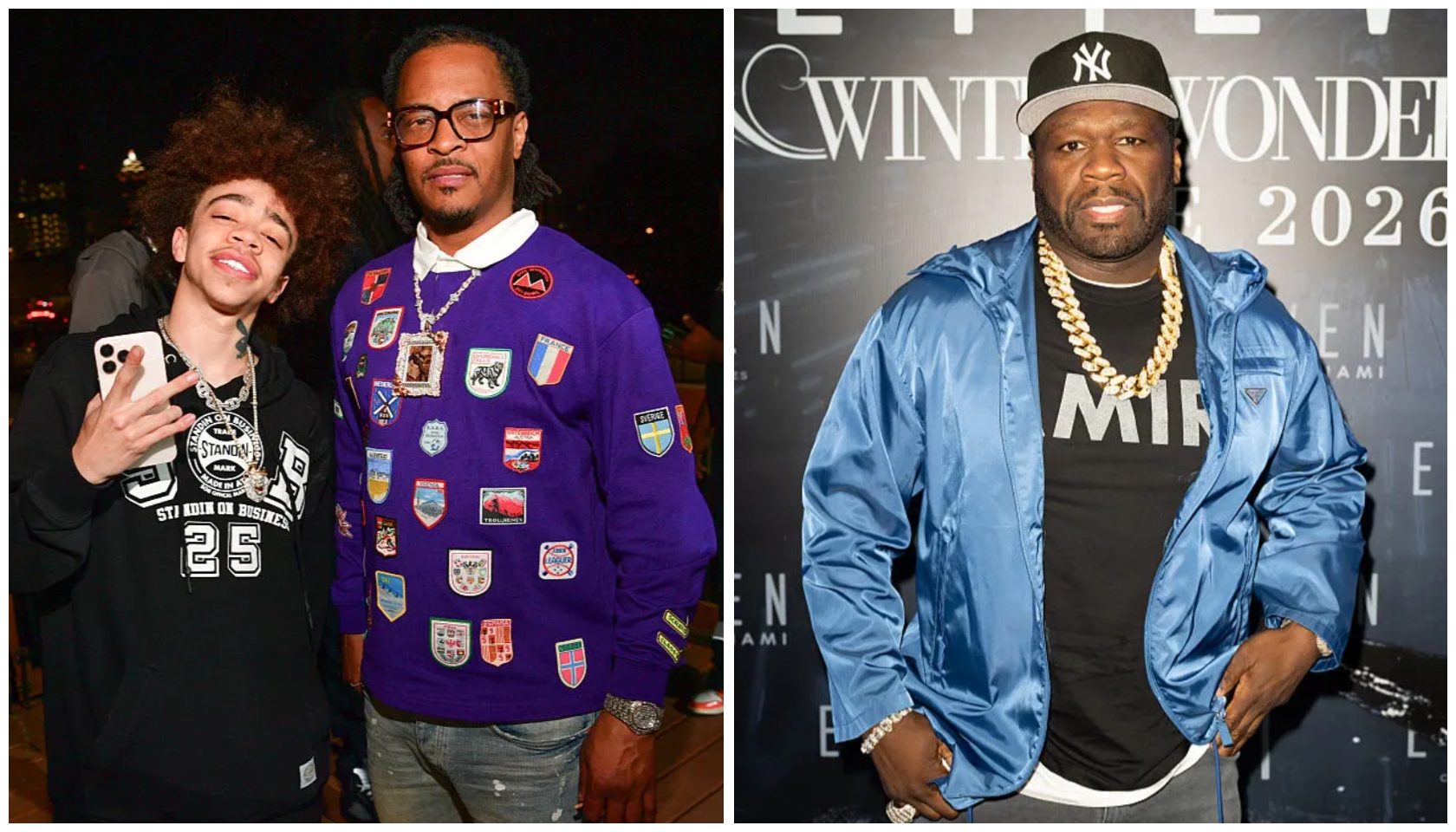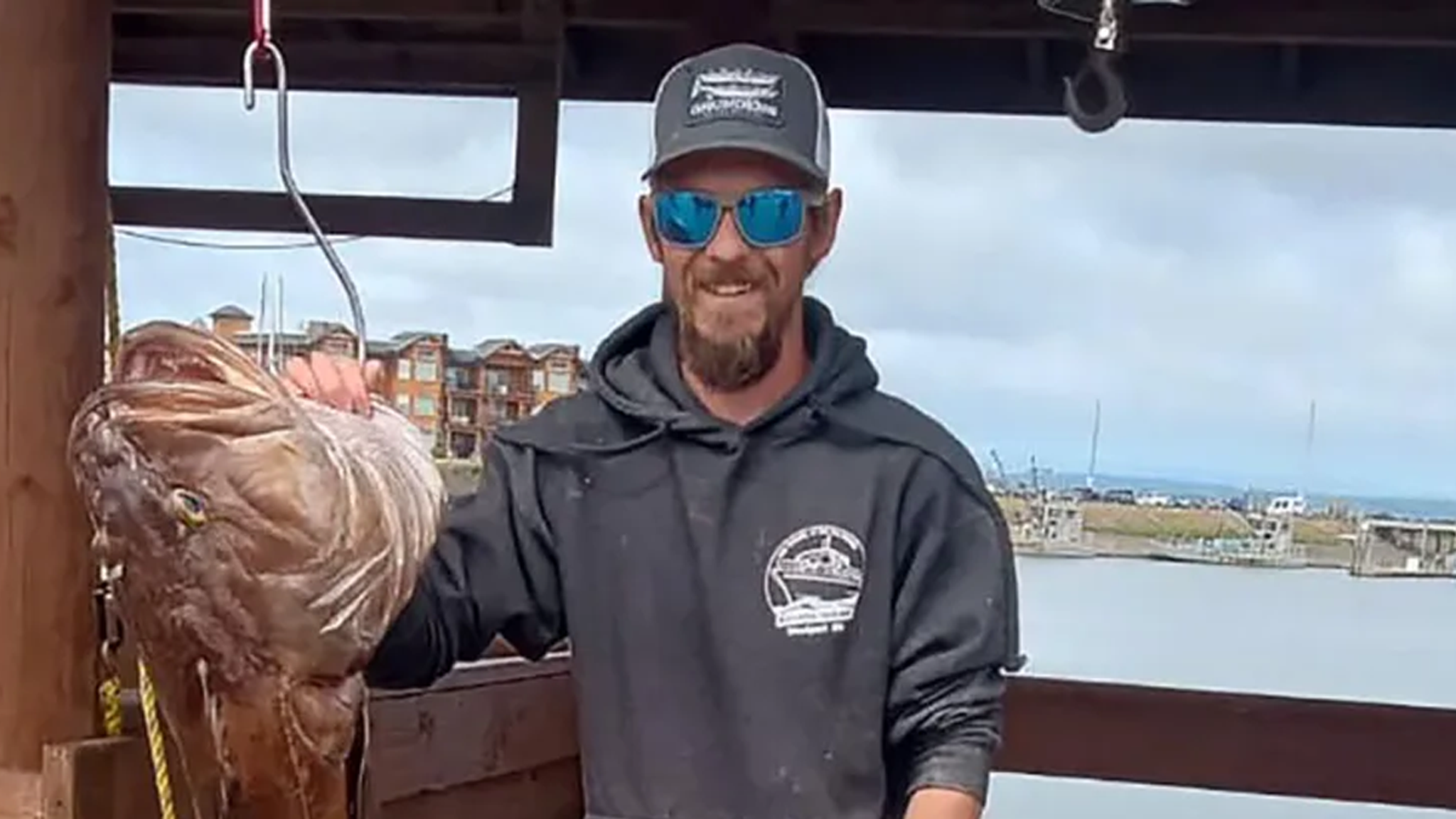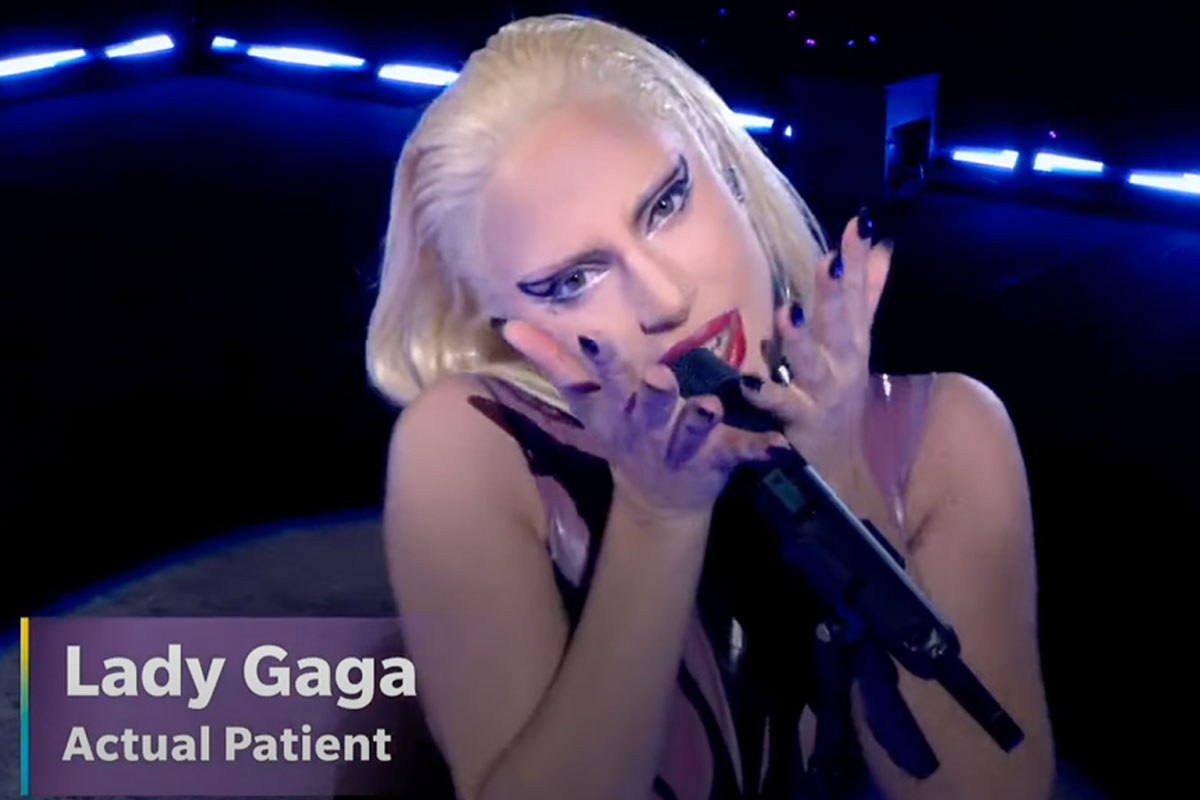In the Ukraine-themed documentary In the Rearview, a young girl and her family ride in a van over bumpy roads, on their way – if all goes well – to safety across the Polish border. In her hand the girl grips a piece of paper bearing essential information: her name, age, and a phone number to call in case she falls victim to Russian bombing and her body is discovered in a pile of rubble.
The film, directed by Polish documentarian Maciek Hamela, captures that moment and other details that bring home the reality of a war that has killed thousands of Ukrainian civilians and displaced millions more.
“’If lost under rubble,’ that was a thing at the beginning of the war they gave to all kids, these notes,” Hamela explains. “They had to have one in their pocket and one in their backpack, so if they were taken out of a bombed building, they had phone numbers to call. All the kids had it.”

Director Maciek Hamela at the Cannes Film Festival, May 25, 2023
Matthew Carey
When Russia launched its invasion of Ukraine on February 24, 2022, Hamela immediately sprang into action as a volunteer, helping drive refugees to neighboring Poland.
“I can fairly say that more than half of the Polish society got involved in the war. Tens and tens of thousands of people got involved very heavily in volunteer work. So, I’m by far not an exception,” he tells Deadline. “The first day [of the war] I started raising funds. Third day I bought a van… I let go of everything I was doing, and I started driving.”
Hamela says it wasn’t until several weeks into his volunteer efforts that he began to film some of the passengers in his van who had left their homes behind, taking with them only a few possessions. One woman clings to a cat that peeks, terrified, out of a basket.
“There were so many questions at the beginning [of the filming process], starting from the question if this is not going to destroy the intimacy of the whole situation of what I was witnessing,” he recalls, “and going to all the moral questions of how to shoot people in such a fragile moment of their lives.”
Hamela anchored a camera between the two front seats, facing toward the passengers in the rear seats. Perhaps not surprisingly, many of them wanted to talk, to share something of what they had endured. One woman speaks with sadness of having to leave her cow “Beauty” behind, noting the animal could have lived a good many more years had war not forced Beauty to be abandoned.
“Everything we own, we left it all,” a man reports. “We set the dogs free. What could we do?”

‘In the Rearview’
Maciek Hamela
A 7-year-old girl, looking out the window, comments on a surprisingly undisturbed patch of scenery. “Such beautiful buildings,” she says, “not bombed at all.”
In the Rearview premiered at the Millennium Docs Against Gravity festival in Poland in mid-May and from there it went to Cannes, playing in the festival’s ACID (Association for the Diffusion of Independent Cinema) sidebar. On Thursday, the films debuts in International Competition at the prestigious Sheffield DocFest in the north of England.
“We’re very glad we’re there,” Hamela says. “The U.K. is one of the countries that has been the fastest to respond to the war, a strong ally of Ukraine. I think it’s going to find its own audience there.”
We spoke with Hamela near the Croisette in Cannes, amid the bustle of the glamorous festival. The director drew a distinction between Cannes and what he expected to find at Sheffield DocFest.

‘In the Rearview’
Cinephil
“It’ll be good to be in a kind of a documentary environment [at Sheffield], which is closer to what I do and to my previous works,” he notes. “Of course, in Cannes here we’re kind of an underdog in an underdog section, in an underdog cinema, et cetera, et cetera. And we have to fight our way through, which is fine, which is also great.”
Wherever viewers see the film, Hamela hopes they will identify with the people they encounter on screen.
“I want the audience to see that these people have exactly the same lives as we do. It’s their ordinary lives. They have pets, they have cows, they quarrel with their wives. They have kids who want to go for vacation to the sea. And they have to lie to them [because of the war] or promise them things, promises they cannot keep,” he says. “This happens very often when we see documentaries about atrocities — we get very quickly disassociated from what we’re seeing because it’s too much. We can’t take it anymore. And this is what I wanted to avoid.”
The director says he left out scenes he ultimately considered extraneous – like some of the dangerous moments they faced en route – to keep the focus squarely on the testimony of people in the van.
“We got rid of all the unnecessary drama, like all the difficulties we got into — and we went through hell sometimes going around the frontlines… It’s not a film where we want to shock and where we want to inspire fear in the audience or, for example, to underline the bravery of the [Ukrainian] soldiers,” he observes. “It’s really about the deliberately small details, and about how the war is reflected in these details. And through that this film can stay with people for many hours and days after they see it.”







